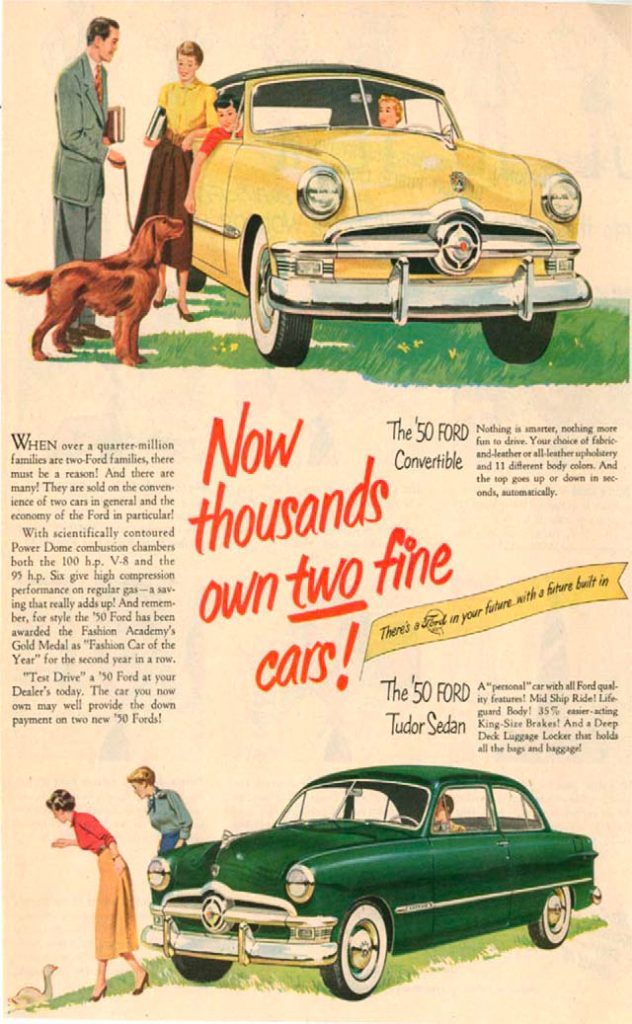
Margaret Walsh was one of the first scholars I encountered as I began my academic journey into the subject of women and cars. When I began my investigation close to home, I discovered a Walsh article – “Gender and the Automobile in the United States” – on a major web-based project sponsored by the University of Michigan-Dearborn and the Henry Ford. Not only did this project provide a comprehensive look at the history of women’s automobility, but included an extensive bibliography for individuals – like myself – interested in pursuing this subject matter further. As Walsh was a historian at the University of Nottingham at the time of this project, I was surprised to discover that the foremost authority on the history of women and automobility in America was, in fact, British. As it turns out, Walsh received both her master’s and doctorate in the United States. So although she didn’t grow up immersed in American car culture, Walsh’s years in the US no doubt impressed upon her the historical and cultural significance of the automobile to American women’s lives.
The work for the University of Michigan-Dearborn project was Walsh’s first foray into US women’s automotive history. As she noted in an 2009 interview, the project was an academic ‘by chance’ opportunity. While Walsh’s academic background included extensive research into transportation history – particularly the intercity bus industry – she had not yet expanded her research to the automobile. This project provided her with the opportunity to engage in scholarship on a subject that was – at the time – virtually non-existent. Walsh gained a reputation as an expert in the field not only because of her work, but because she was one of the very who considered gender and the automobile to be a subject worthy of investigation.
After the success of this web-based project, Walsh went on to publish a number of articles devoted to the history of women and automobiles in the US. While she never published a book on the subject, Walsh’s journal articles – which address women’s automobile use in the post war era – are on the reading lists of every scholar with an interest in the relationship between women and cars. A dedicated and determined researcher, Walsh relied on both primary and secondary sources – printed material, advertisements, federal government documents, qualitative data, policy documents and reports – to construct fascinating histories of the woman driver during a particular era of American life.
While I am not a historian, but rather take a cultural studies approach to the women and car relationship, my work is often centered in the work of automotive historians who accumulated the materials and the knowledge to create a discipline. I am forever grateful to scholars such as Maggie Walsh who through their work, offer guidance on the journey into the rarely researched subject of women and cars.